Home>Furniture & Design>Bathroom Accessories>Why Does My Shower Curtain Smell


Bathroom Accessories
Why Does My Shower Curtain Smell
Modified: March 19, 2024
Discover the reasons behind the unpleasant odor of your shower curtain and find solutions to keep your bathroom accessories smelling fresh. Learn how to eliminate bathroom odors effectively.
(Many of the links in this article redirect to a specific reviewed product. Your purchase of these products through affiliate links helps to generate commission for Storables.com, at no extra cost. Learn more)
Introduction
A fresh, clean bathroom is a sanctuary for relaxation and rejuvenation. However, an unpleasant odor emanating from the shower curtain can quickly disrupt this tranquil atmosphere. The question "Why does my shower curtain smell?" often arises, prompting homeowners to seek solutions to this common issue.
The presence of a foul odor in the bathroom can be attributed to various factors, including mold and mildew buildup, hard water deposits, and the accumulation of bacteria and soap scum. Understanding the root causes of shower curtain odor is essential for effectively addressing and preventing this problem.
In the following sections, we will delve into the common culprits behind shower curtain smell and provide practical tips for preventing and eliminating unpleasant odors. By gaining insight into these factors and implementing proper maintenance and cleaning techniques, you can ensure that your bathroom remains a fresh and inviting space for relaxation and personal care.
Key Takeaways:
- Say goodbye to shower curtain smell by cleaning regularly, using mold-resistant materials, and ensuring proper ventilation. Keep your bathroom fresh and inviting for a relaxing experience.
- Combat shower curtain smell with preventive measures like using liners, addressing leaks promptly, and avoiding damp folds. Enjoy a hygienic and odor-free bathroom space.
Read more: Why Does A Shower Curtain Blow In
Common Causes of Shower Curtain Smell
Shower curtain smell can be attributed to several common causes, each of which can contribute to an unpleasant and unwelcoming bathroom environment. Understanding these factors is crucial for effectively addressing the issue and implementing preventive measures. Let's explore the primary culprits behind shower curtain odor:
Mold and Mildew Buildup
One of the most prevalent causes of shower curtain smell is the accumulation of mold and mildew. These unsightly and potentially harmful substances thrive in damp, humid environments, making the bathroom an ideal breeding ground. When moisture becomes trapped in the folds and creases of a shower curtain, it creates the perfect conditions for mold and mildew to flourish. As these microorganisms proliferate, they release musty odors that can permeate the bathroom, causing discomfort and displeasure.
Hard Water Deposits
Another common contributor to shower curtain smell is the buildup of hard water deposits. In areas with hard water, mineral deposits such as calcium and magnesium can accumulate on the surface of the shower curtain. Over time, these deposits can lead to discoloration and a noticeable odor. The presence of hard water deposits not only affects the aesthetic appeal of the curtain but also contributes to the development of unpleasant smells, detracting from the overall cleanliness of the bathroom.
Bacteria and Soap Scum
The accumulation of bacteria and soap scum on the shower curtain can also lead to persistent odors. As soap and shampoo residues come into contact with the curtain, they create an environment conducive to bacterial growth. Over time, this can result in the formation of a slimy film, commonly known as soap scum, which harbors bacteria and emits unpleasant odors. Additionally, the combination of moisture and organic matter provides an ideal breeding ground for bacteria, further exacerbating the issue of shower curtain smell.
By understanding these common causes of shower curtain smell, homeowners can take proactive measures to address and prevent this issue. Implementing regular cleaning and maintenance routines, as well as utilizing appropriate cleaning products, can effectively mitigate these factors and ensure a fresh and inviting bathroom environment.
Read more: Why Does My Cat Lick Plastic Shower Curtain
Mold and Mildew Buildup
Mold and mildew buildup is a prevalent issue in bathrooms, particularly on shower curtains. These unsightly and potentially harmful substances thrive in damp, humid environments, making the bathroom an ideal breeding ground. When moisture becomes trapped in the folds and creases of a shower curtain, it creates the perfect conditions for mold and mildew to flourish.
The presence of mold and mildew not only detracts from the visual appeal of the shower curtain but also poses potential health risks. Mold spores can trigger allergic reactions and respiratory issues, making it essential to address and prevent their accumulation in the bathroom.
To effectively combat mold and mildew buildup on shower curtains, regular cleaning and maintenance are crucial. One approach is to utilize a mixture of water and white vinegar, a natural and effective cleaning agent. Simply spraying this solution onto the affected areas of the curtain and allowing it to sit for a few minutes before rinsing can help eliminate mold and mildew. For stubborn stains, a gentle scrub with a soft-bristled brush can be employed to dislodge the buildup.
Additionally, incorporating proper ventilation in the bathroom can help mitigate moisture accumulation, thereby reducing the likelihood of mold and mildew formation. Ensuring that the bathroom is adequately ventilated during and after showering can facilitate the drying process, preventing excess moisture from lingering on the curtain.
Furthermore, opting for mold-resistant or mildew-resistant shower curtains can provide an added layer of protection against these unwelcome intruders. These specially designed curtains are crafted from materials that deter mold and mildew growth, offering a proactive solution to the issue.
By addressing mold and mildew buildup on shower curtains through regular cleaning, proper ventilation, and the use of mold-resistant materials, homeowners can effectively combat unpleasant odors and maintain a fresh and hygienic bathroom environment. Taking proactive measures to prevent mold and mildew not only enhances the longevity of the shower curtain but also contributes to a healthier and more inviting bathroom space.
Hard Water Deposits
Hard water deposits are a common nuisance in households supplied with water containing high levels of minerals such as calcium and magnesium. When water evaporates, these minerals are left behind, leading to the formation of unsightly and stubborn deposits on various surfaces, including shower curtains. The presence of hard water deposits not only affects the aesthetic appeal of the curtain but also contributes to the development of unpleasant smells, detracting from the overall cleanliness of the bathroom.
To effectively address hard water deposits on shower curtains, it is essential to employ targeted cleaning methods and preventive measures. One approach involves the use of mild acidic solutions, such as white vinegar or lemon juice, which can effectively dissolve and remove mineral deposits. By diluting vinegar with water and applying it to the affected areas of the curtain, homeowners can break down the hard water deposits and restore the curtain's cleanliness.
In addition to targeted cleaning, the implementation of preventive measures can help mitigate the impact of hard water deposits. Utilizing a water softener in the household's water supply can significantly reduce the formation of mineral deposits, thereby minimizing the occurrence of hard water stains on shower curtains and other surfaces. Water softeners work by replacing calcium and magnesium ions with sodium ions, preventing the buildup of mineral deposits and preserving the cleanliness of bathroom fixtures and accessories.
Furthermore, selecting a shower curtain made from materials resistant to hard water deposits can provide a proactive solution to this issue. Opting for curtains specifically designed to repel mineral buildup can help homeowners mitigate the impact of hard water deposits, ensuring that the curtain maintains its visual appeal and cleanliness over time.
By addressing hard water deposits on shower curtains through targeted cleaning, the use of water softeners, and the selection of resistant materials, homeowners can effectively combat unpleasant odors and maintain a fresh and hygienic bathroom environment. Implementing these strategies not only enhances the longevity of the shower curtain but also contributes to a more visually appealing and inviting bathroom space.
Bacteria and Soap Scum
The accumulation of bacteria and soap scum on the shower curtain can lead to persistent odors and detract from the overall cleanliness of the bathroom. As soap and shampoo residues come into contact with the curtain, they create an environment conducive to bacterial growth. Over time, this can result in the formation of a slimy film, commonly known as soap scum, which harbors bacteria and emits unpleasant odors. Additionally, the combination of moisture and organic matter provides an ideal breeding ground for bacteria, further exacerbating the issue of shower curtain smell.
To effectively address the presence of bacteria and soap scum on the shower curtain, proactive cleaning and maintenance practices are essential. Regularly washing the curtain with a mild detergent and warm water can help remove soap scum and eliminate bacterial buildup. For stubborn residues, a gentle scrub using a non-abrasive sponge or cloth can aid in dislodging the accumulated scum, restoring the curtain's cleanliness.
In addition to routine cleaning, incorporating preventive measures can help mitigate the accumulation of bacteria and soap scum. Utilizing a shower curtain liner can provide an additional layer of protection, preventing direct contact between the fabric curtain and soapy residues. This not only reduces the buildup of soap scum but also minimizes the potential for bacterial growth, contributing to a cleaner and more hygienic bathroom environment.
Furthermore, opting for antimicrobial or mildew-resistant shower curtains can offer proactive protection against bacterial accumulation. These specially designed curtains are crafted from materials that inhibit the growth of bacteria and mold, providing long-term defense against unpleasant odors and microbial proliferation. By selecting curtains with these features, homeowners can effectively mitigate the impact of bacteria and soap scum, ensuring a fresher and more inviting bathroom space.
By addressing the presence of bacteria and soap scum through regular cleaning, the use of preventive measures such as liners, and the selection of antimicrobial materials, homeowners can effectively combat unpleasant odors and maintain a fresh and hygienic bathroom environment. Implementing these strategies not only enhances the longevity of the shower curtain but also contributes to a visually appealing and inviting bathroom space.
Tips for Preventing Shower Curtain Smell
Preventing shower curtain smell requires proactive measures and consistent maintenance to uphold a fresh and inviting bathroom environment. By implementing the following tips, homeowners can effectively mitigate the factors contributing to unpleasant odors and ensure the longevity of their shower curtains:
-
Proper Ventilation: Adequate ventilation is essential for preventing moisture buildup, which can lead to mold, mildew, and bacterial growth on shower curtains. After showering, ensure that the bathroom is well-ventilated to facilitate the drying of the curtain. Opening windows, using exhaust fans, or installing a dehumidifier can help reduce humidity levels, preventing the onset of musty odors.
-
Regular Cleaning: Establish a routine for cleaning the shower curtain to remove soap scum, bacteria, and other residues that contribute to unpleasant odors. Depending on the material of the curtain, it can be machine-washed or hand-washed using a mild detergent. Additionally, incorporating a periodic cleaning schedule into your household maintenance routine can prevent the accumulation of odor-causing substances.
-
Use of Liners: Consider using a shower curtain liner to provide an extra layer of protection against soap scum and bacterial buildup. Liners act as a barrier, reducing direct contact between the fabric curtain and moisture-laden air, thus minimizing the potential for odor development.
-
Mold-Resistant Materials: When selecting a new shower curtain, opt for materials that are mold and mildew-resistant. These specially designed curtains are crafted to deter the growth of mold and mildew, offering long-term protection against musty odors and microbial proliferation.
-
Prompt Repairs: Address any leaks or plumbing issues in the bathroom promptly. Persistent moisture from leaks can contribute to mold and mildew growth, impacting the cleanliness of the shower curtain and leading to unpleasant odors. By promptly addressing leaks, homeowners can prevent the onset of moisture-related problems.
-
Avoiding Damp Folds: After showering, ensure that the shower curtain is spread out to allow for thorough drying. Avoiding damp folds and ensuring that the curtain dries completely can help prevent the accumulation of moisture and inhibit the growth of odor-causing microorganisms.
By incorporating these preventive measures into your bathroom maintenance routine, you can effectively combat shower curtain smell and maintain a fresh, hygienic, and inviting space for personal care and relaxation. Consistent attention to ventilation, cleaning, and material selection can significantly contribute to a pleasant and odor-free bathroom environment.
Cleaning and Maintenance Recommendations
Effective cleaning and maintenance practices are essential for preserving the cleanliness and freshness of shower curtains while preventing the onset of unpleasant odors. By incorporating the following recommendations into your household routine, you can proactively address the factors contributing to shower curtain smell and ensure a hygienic and inviting bathroom environment.
Regular Washing
Establishing a routine for washing the shower curtain is paramount to prevent the accumulation of mold, mildew, and soap scum. Depending on the material of the curtain, it can be machine-washed or hand-washed using a mild detergent. For fabric curtains, machine-washing with gentle cycle settings can effectively remove dirt and residues, while vinyl or plastic curtains can be wiped down with a damp cloth. Additionally, incorporating a periodic cleaning schedule into your household maintenance routine can prevent the buildup of odor-causing substances, maintaining the curtain's cleanliness and visual appeal.
Targeted Stain Removal
In cases where stubborn stains or deposits are present on the shower curtain, targeted stain removal methods can be employed to restore its pristine condition. For hard water deposits, the use of mild acidic solutions such as white vinegar or lemon juice can effectively dissolve and remove mineral buildup. Additionally, the application of baking soda paste can aid in lifting tough stains and residues, restoring the curtain's cleanliness. By addressing specific stains promptly, homeowners can prevent the development of persistent odors and maintain the overall freshness of the curtain.
Preventive Maintenance
Utilizing preventive maintenance measures can significantly contribute to the longevity and cleanliness of shower curtains. Consider using a shower curtain liner to provide an extra layer of protection against soap scum and bacterial buildup. Liners act as a barrier, reducing direct contact between the fabric curtain and moisture-laden air, thus minimizing the potential for odor development. Furthermore, opting for mold-resistant materials when selecting a new shower curtain can offer long-term protection against musty odors and microbial proliferation, contributing to a fresher and more hygienic bathroom environment.
Read more: Why Does My Duvet Smell
Drying and Ventilation
After showering, ensuring that the shower curtain is spread out to allow for thorough drying is essential for preventing moisture buildup and inhibiting the growth of odor-causing microorganisms. Avoiding damp folds and ensuring that the curtain dries completely can significantly contribute to the prevention of unpleasant odors. Additionally, proper ventilation in the bathroom is crucial for facilitating the drying process and reducing humidity levels. Opening windows, using exhaust fans, or installing a dehumidifier can help prevent the onset of musty odors by minimizing moisture accumulation.
By incorporating these cleaning and maintenance recommendations into your household routine, you can effectively combat shower curtain smell and maintain a fresh, hygienic, and inviting space for personal care and relaxation. Consistent attention to washing, targeted stain removal, preventive maintenance, and proper drying techniques can significantly contribute to a pleasant and odor-free bathroom environment.
Conclusion
In conclusion, addressing the issue of shower curtain smell requires a multifaceted approach that encompasses understanding the common causes of odor, implementing preventive measures, and maintaining a consistent cleaning routine. By recognizing the factors contributing to unpleasant odors, such as mold and mildew buildup, hard water deposits, and bacterial accumulation, homeowners can proactively mitigate these issues and ensure a fresh and inviting bathroom environment.
The presence of mold and mildew on shower curtains can lead to not only unsightly discoloration but also potential health risks. By incorporating regular cleaning, proper ventilation, and the use of mold-resistant materials, individuals can effectively combat mold and mildew buildup, preserving the visual appeal and cleanliness of their shower curtains.
Hard water deposits, another common culprit behind shower curtain smell, can be addressed through targeted cleaning methods, the use of water softeners, and the selection of resistant materials. By dissolving mineral deposits and preventing their accumulation, homeowners can maintain the aesthetic integrity of their shower curtains while minimizing the development of unpleasant odors.
Furthermore, the accumulation of bacteria and soap scum on shower curtains can lead to persistent odors and detract from the overall cleanliness of the bathroom. Through regular washing, the use of liners, and the selection of antimicrobial materials, individuals can effectively combat bacterial buildup, ensuring a hygienic and odor-free bathroom environment.
By incorporating preventive measures such as proper ventilation, the use of liners, and the selection of mold-resistant materials, homeowners can proactively address the factors contributing to shower curtain smell, ensuring a fresh and inviting bathroom space for personal care and relaxation.
In essence, by embracing a proactive approach to cleaning and maintenance, homeowners can effectively combat shower curtain smell and maintain a hygienic and visually appealing bathroom environment. Consistent attention to preventive measures, targeted cleaning, and material selection can significantly contribute to a pleasant and odor-free bathroom space, enhancing the overall comfort and well-being of individuals and their families.
Frequently Asked Questions about Why Does My Shower Curtain Smell
Was this page helpful?
At Storables.com, we guarantee accurate and reliable information. Our content, validated by Expert Board Contributors, is crafted following stringent Editorial Policies. We're committed to providing you with well-researched, expert-backed insights for all your informational needs.

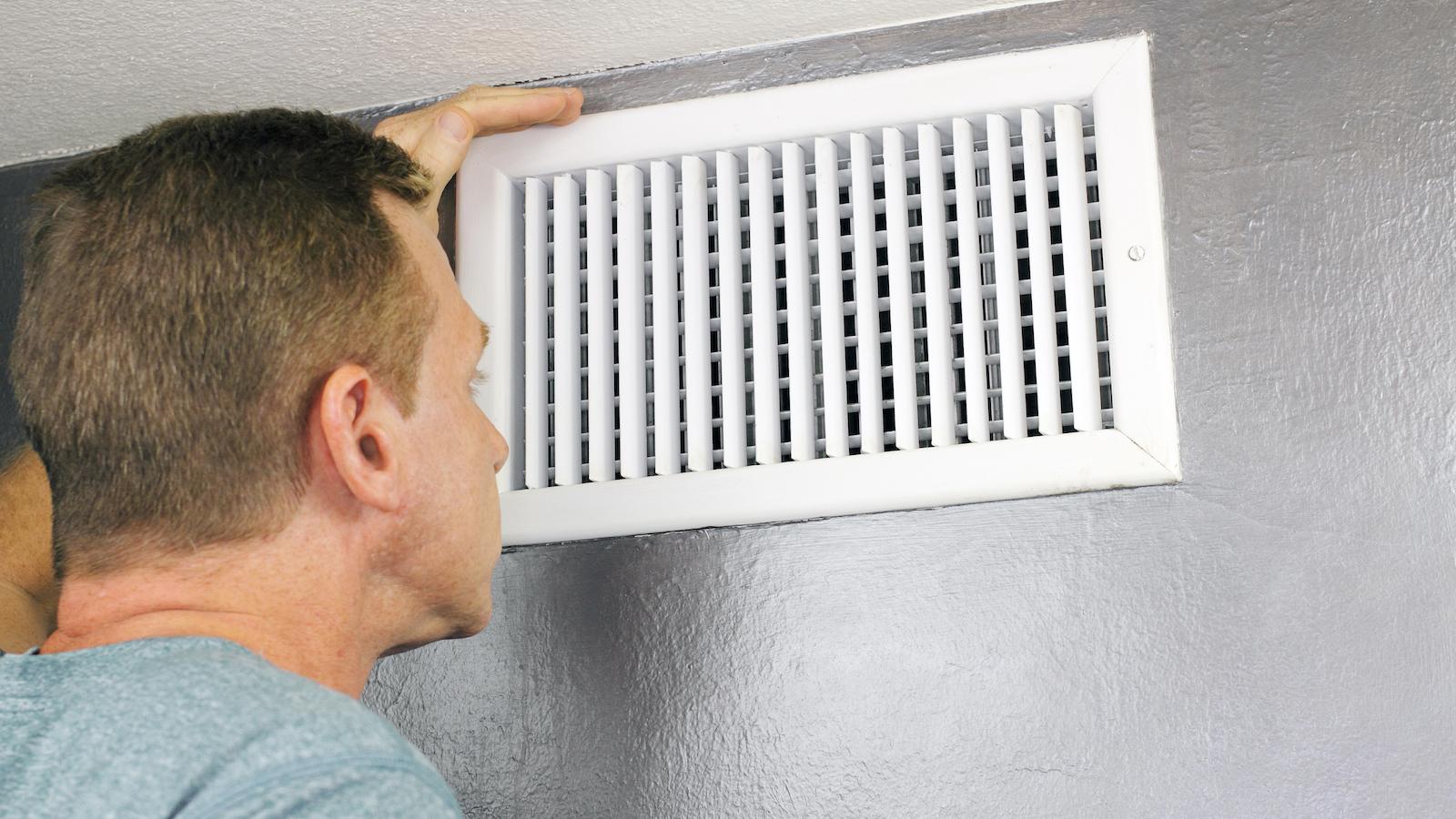
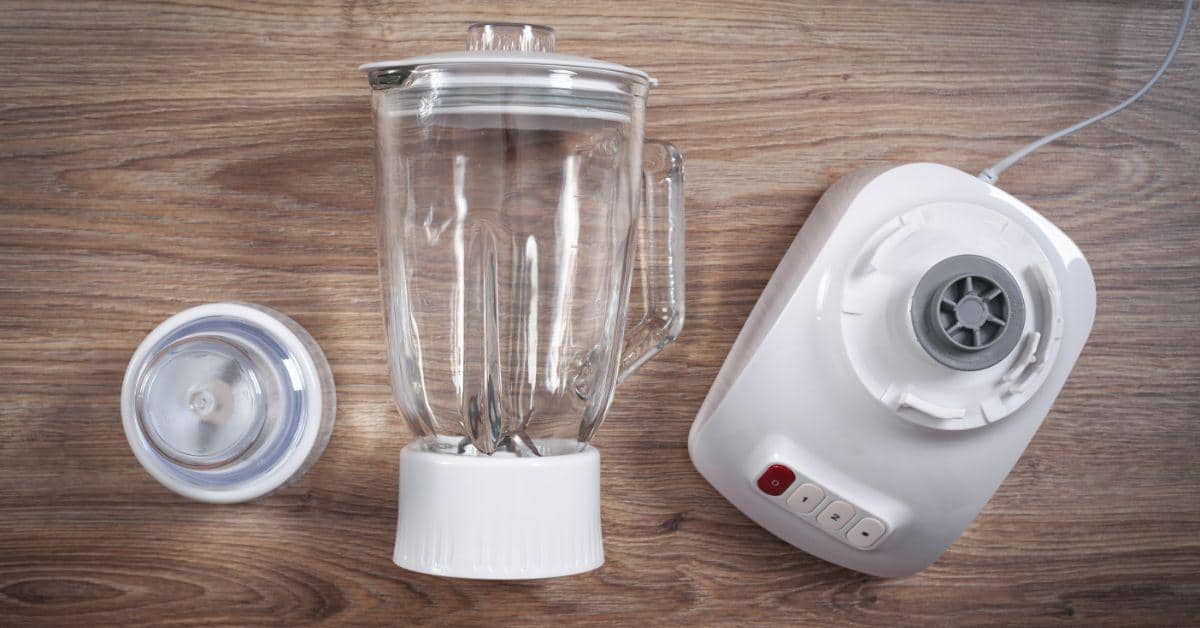

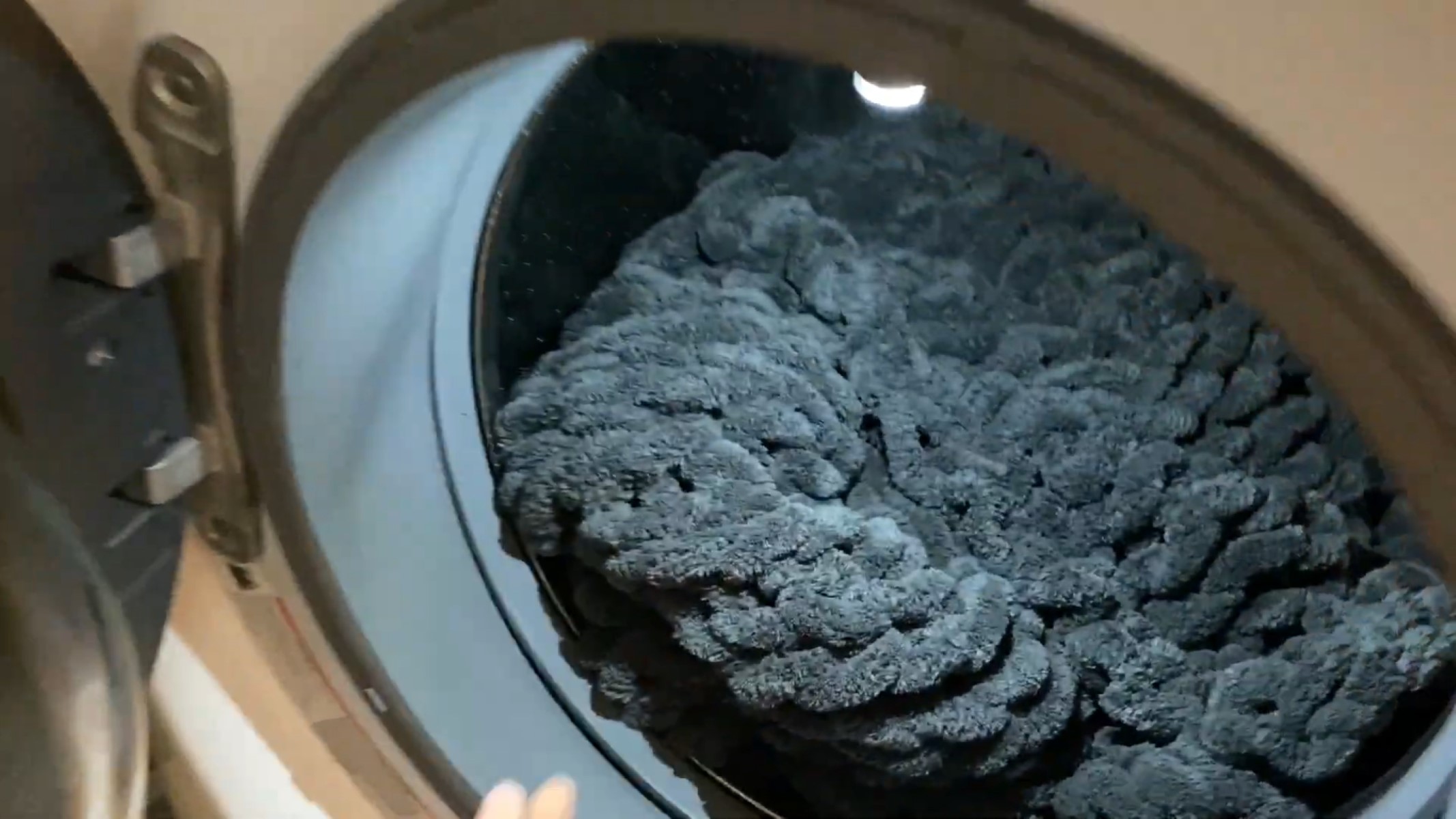

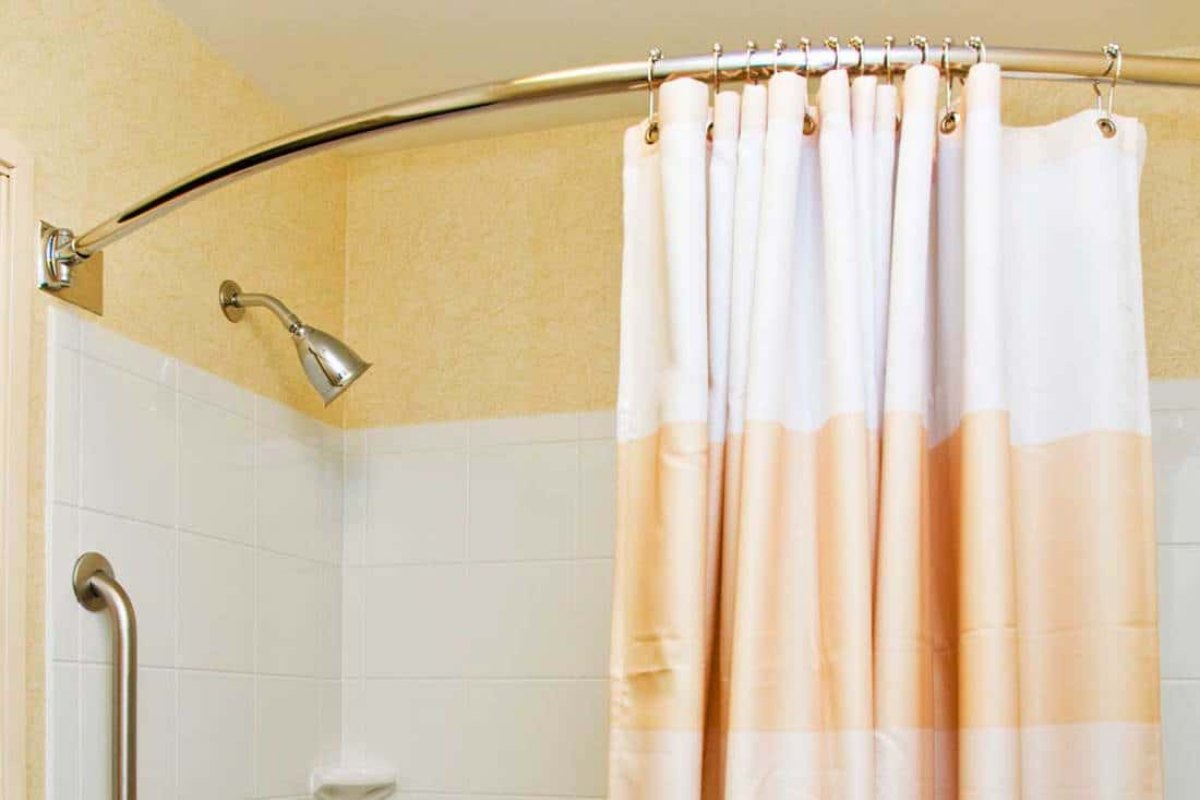




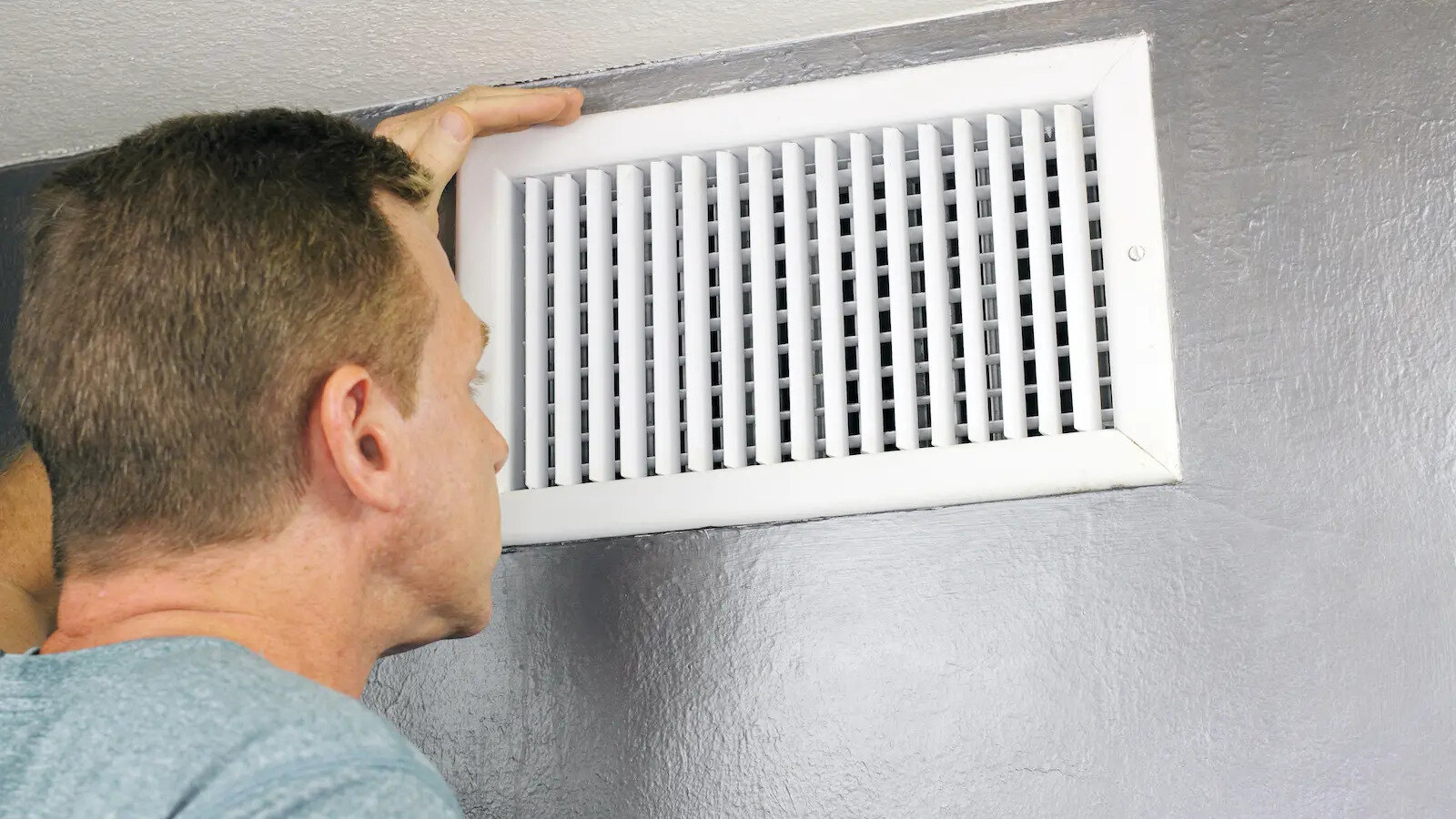

0 thoughts on “Why Does My Shower Curtain Smell”